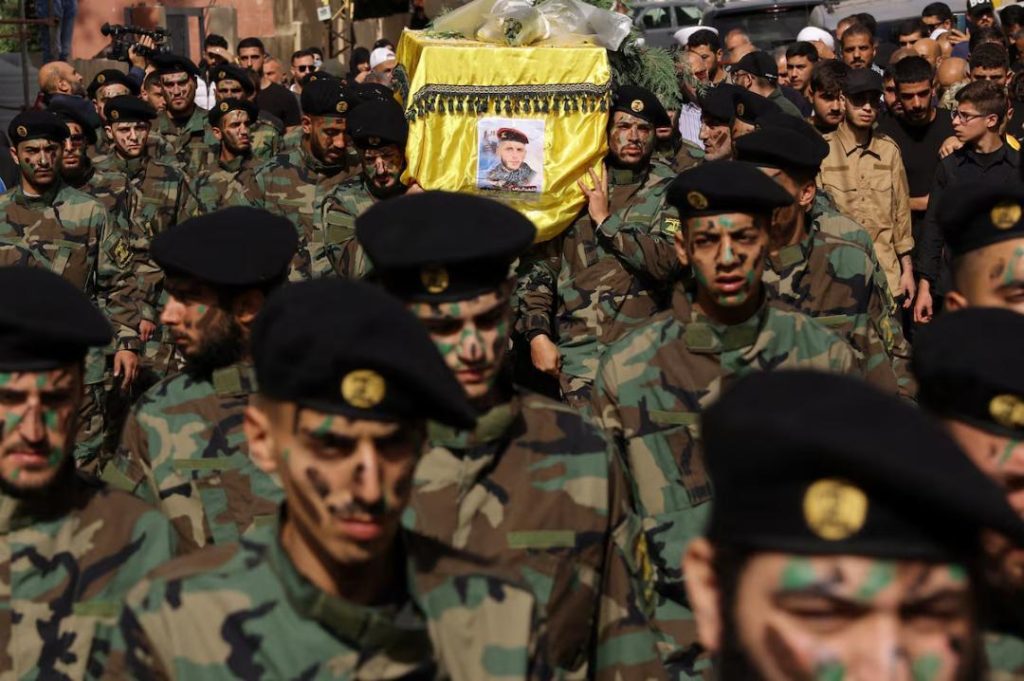
Hezbollah Denounces Lebanon’s Plan to Disarm, Calls it “Grave Sin”
In a bold move aimed at addressing international concerns and curbing the influence of non-state actors, Lebanon’s government has tasked its army with establishing a state monopoly on arms by the end of the year. The decision, which has been met with widespread criticism from Hezbollah, a powerful Iran-backed militant group in Lebanon, could potentially disarm the group and significantly alter the country’s political landscape.
According to reports, the Lebanese cabinet’s decision is a direct response to pressure from the United States, which has long sought to curb Hezbollah’s influence and military capabilities. The move is seen as a crucial step towards reining in the group’s power and bringing it in line with international norms.
However, Hezbollah has vehemently opposed the plan, describing it as a “grave sin” that would undermine the country’s security and sovereignty. In a statement, the group accused the government of making a decision that “fully serves Israel’s interest” and vowed to take action to counter the move.
“This decision will deal with us as if we do not exist,” Hezbollah warned, signaling a potential escalation in tensions between the government and the group.
The decision to establish a state monopoly on arms is a complex issue that has far-reaching implications for Lebanon’s security, politics, and economy. On the one hand, it could help to reduce the influence of non-state actors like Hezbollah and bring the country’s military capabilities in line with international standards. On the other hand, it could also lead to a power vacuum and undermine the country’s ability to defend itself against external threats.
Hezbollah, which has been instrumental in shaping Lebanon’s political landscape since the end of the civil war in 1990, has long been a key player in the country’s politics. The group has significant military capabilities and has been involved in numerous conflicts, including the 2006 war with Israel.
The group’s influence extends beyond its military capabilities, with many Lebanese politicians and business leaders relying on Hezbollah for support and protection. The group’s financial and economic clout is also significant, with many analysts arguing that it has become a key player in Lebanon’s economy.
The move to disarm Hezbollah is likely to be met with significant resistance from the group and its allies. Hezbollah has a strong political and military presence in Lebanon, and many Lebanese citizens rely on the group for support and protection.
The decision to disarm the group could also have significant implications for Lebanon’s relations with Iran, which has long been a key supporter of Hezbollah. The move could potentially strain relations between the two countries and create tensions in the region.
In conclusion, the decision to disarm Hezbollah is a complex issue that has far-reaching implications for Lebanon’s security, politics, and economy. While the move may be seen as a crucial step towards reining in the group’s influence and military capabilities, it is also likely to be met with significant resistance from the group and its allies.
As the situation continues to unfold, it will be important to monitor developments closely and consider the potential implications for Lebanon and the region as a whole.



